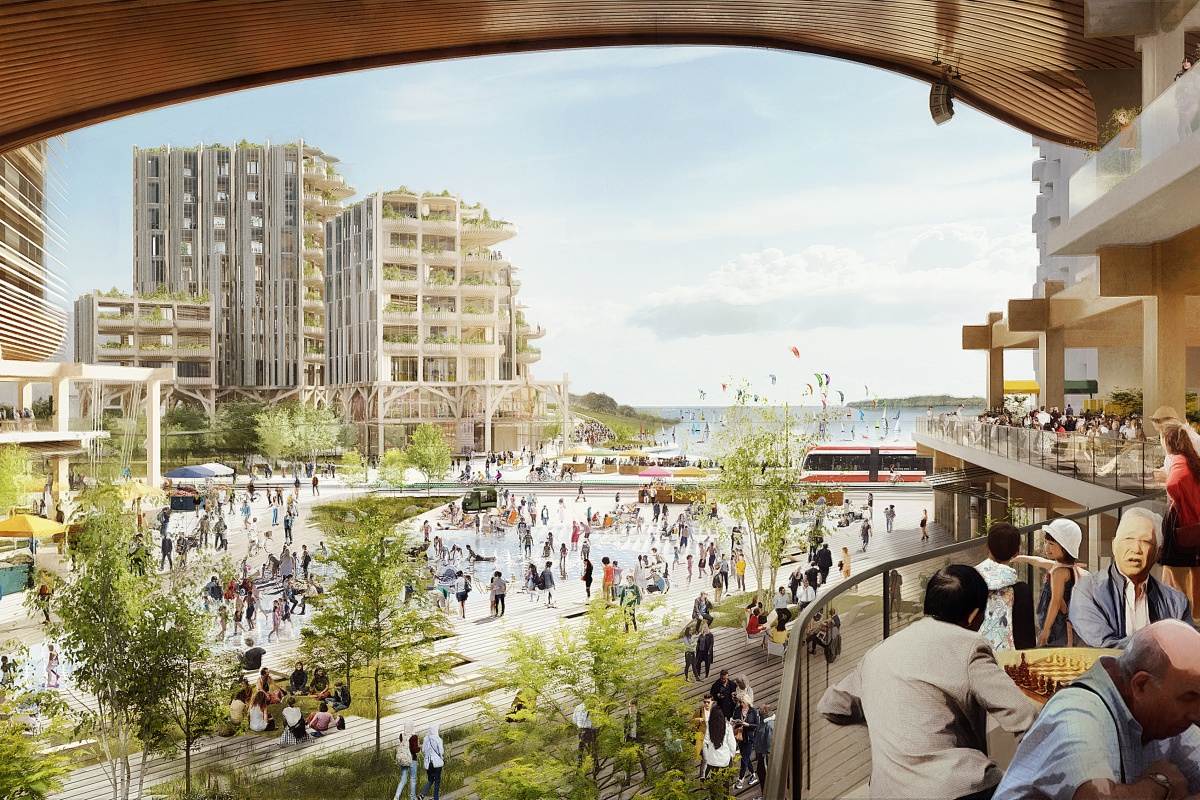
Photo: Smart-Cities-Week-Kansas-City
Kansas City’s smart city lesson: build on your successes (and your data)
04 September 2018
The announcement that Kansas City is expanding its smart city programme didn’t come as much of a surprise. The programme, which kicked off two years ago in conjunction with its KC Streetcar project, was initiated in relatively small but scalable, replicable phases. And they were successful. It’s a thoughtful, practical approach other cities may want to consider adapting for their own smart city upgrades because it minimises risk and allows for course corrections along the way.
Kansas City has issued Requests for Proposals (RFP) for a public-private partnership to help it develop smart city infrastructure along Prospect Avenue in conjunction with a Prospect MAX bus line upgrade. The smart city programme’s latest phase also will include continuing to upgrade basic city services, expanding its free public Wi-Fi network to benefit more citizens and focusing on ways to increase life expectancy.
Building on previous successes
The city’s strategy is very much one of continuing to expand by building on previous successes–thinking big, but starting small. The city’s smart city programme started small but scalable: a new 3.5-kilometre street car line, smart LED streetlights, informational kiosks and free public Wi-Fi in a limited section of downtown. The next phase took those additions to a larger area and added more services–and more ways to collect valuable data that would be used to focus on projects that would provide the most benefit for the most citizens.
In addition:
- Smart Cities Council Global Lead Partner Cisco (one of the city’s long-term technology partners), established a Cisco Networking Academy at a local high school to help prepare students for jobs in the tech industry.
- The city is testing a Pothole Predictor which uses smart city tech and predictive intelligence to determine where roadway rehabilitation may be needed.
- Travel times on Main Street have been reduced by dynamic traffic signal timing.
- Car rental company Avis, in partnership with the city, is running what is said to be the country’s largest trial of connected vehicles.
A better city experience
City leaders understand the data they’ve been collecting from the smart city technologies they’re deploying is tremendously useful. The sensor-collected data is helping guide the city as it works to improve city services, the ‘city experience’ and support and encourage entrepreneurship and economic development.
“Kansas City’s implementation of smart city technologies has helped deliver services to our residents more efficiently, while transforming our city into one of the most connected and cutting-edge communities in the country,” said Sly James, the mayor, when he announced the smart city programme’s expansion. “This RFP will ensure that we continue to use data to innovate and work with skilled, visionary partners to make life better and more equitable for all our residents.”
For the city’s chief innovation officer Bob Bennett the smart city programme expansion also is an opportunity to host and support technology development.
“We are building a 21st century city for our 21st century residents,” he said. “Our smart city projects will allow corporate partners to field test emerging technology and concepts in a public service space.”
If you’d like to hear more about Kansas City’s smart city programme, attend Smart Cities Week, 2-4 October in Washington DC, where Bob Bennett, Kansas City’s CIO will be participating. Learn more at smartcitiesweek.com.






